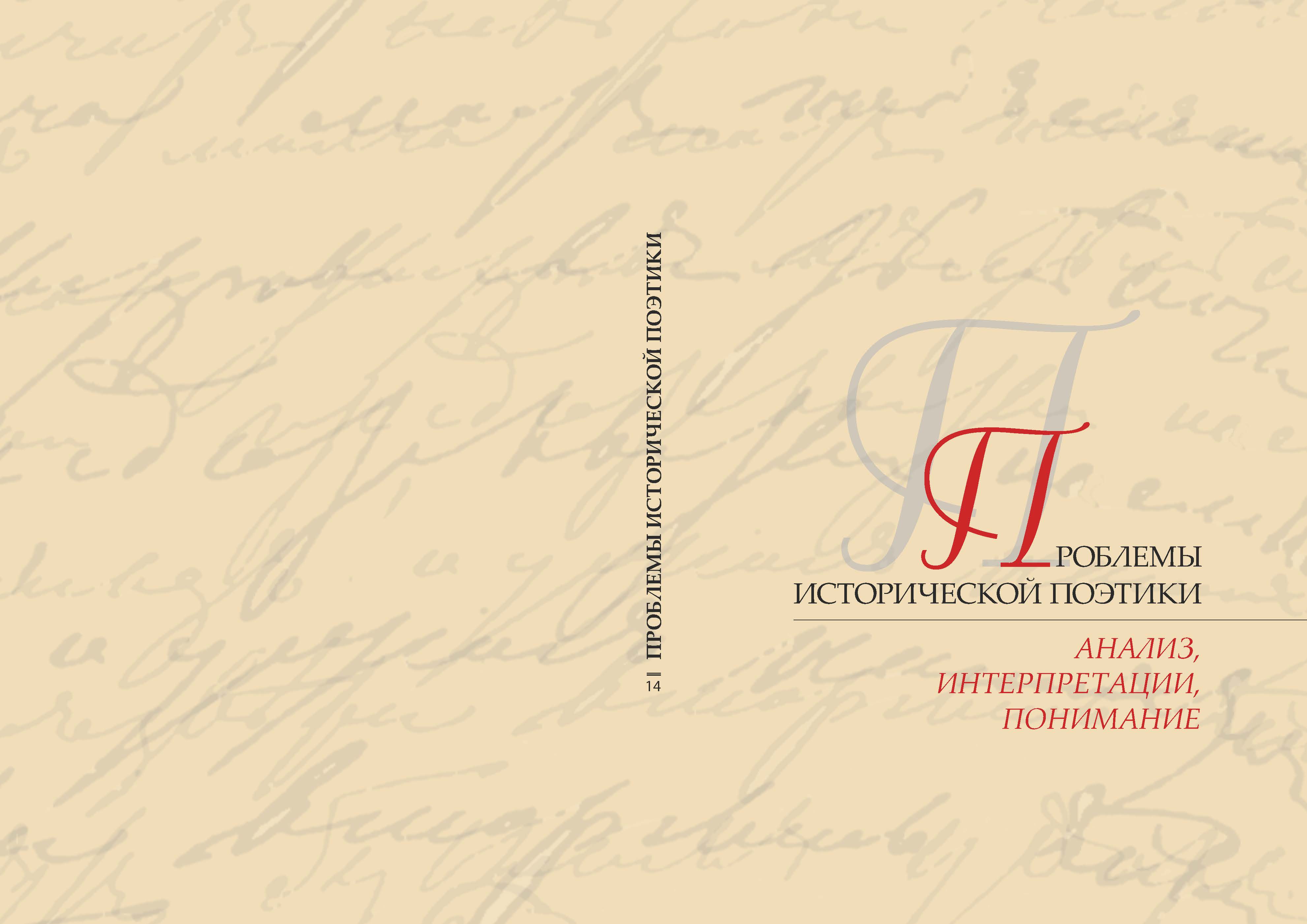УПОДОБЛЕНИЕ ЛЕСА ХРАМУ В ПОЭТИКЕ Б. ПАСТЕРНАКА
THE MOTIVE OF COMPARISON OF THE FOREST WITH A TEMPLE IN THE POETICS OF BORIS PASTERNAK
Author(s): Anna Aleksandrovna SkoropadskayaSubject(s): Language and Literature Studies, Literary Texts, Studies of Literature, Russian Literature, Philology
Published by: Петрозаводский государственный университет
Keywords: Pasternak; poetics, motive; the image of the forest; the image of a temple
Summary/Abstract: The article deals with the motive of comparison of the image of the forest with that one of a temple. This motive became crosscutting for all Pasternak’s works and formed the basis of his philosophical notion of Nature as a temple, comprising mythological and biblical traditions. There are temple allusions in the description of the forest contained in many Pasternak’s literary works: “cathedral darkness” reigns in the forest, forest sounds resemble temple singing, tree trunks look like “the ranks of worshipers” or saints. An ascending image of the forest and the cathedral gives a figurative idea of the Supreme law of the Universe: Nature is permeated by the Divine plan and exists in full harmony with it. This idea of Nature as a temple is best represented in the final book of poems “When it clears up” and in the novel “Doctor Zhivago”. A universal locus of the forest embraces all the “outside world” in the child's conscious of Yuriy Zhivago, and God is compared with a forester who supervises the things happening here below. Later, as an adult, Zhivago sticks to this prototype and, it is in the forest where he appreciates the gift of a living spirit and tries to live by the laws of the forest-temple in the city.
Journal: Проблемы исторической поэтики
- Issue Year: 14/2016
- Issue No: 1
- Page Range: 384-402
- Page Count: 18
- Language: English, Russian

